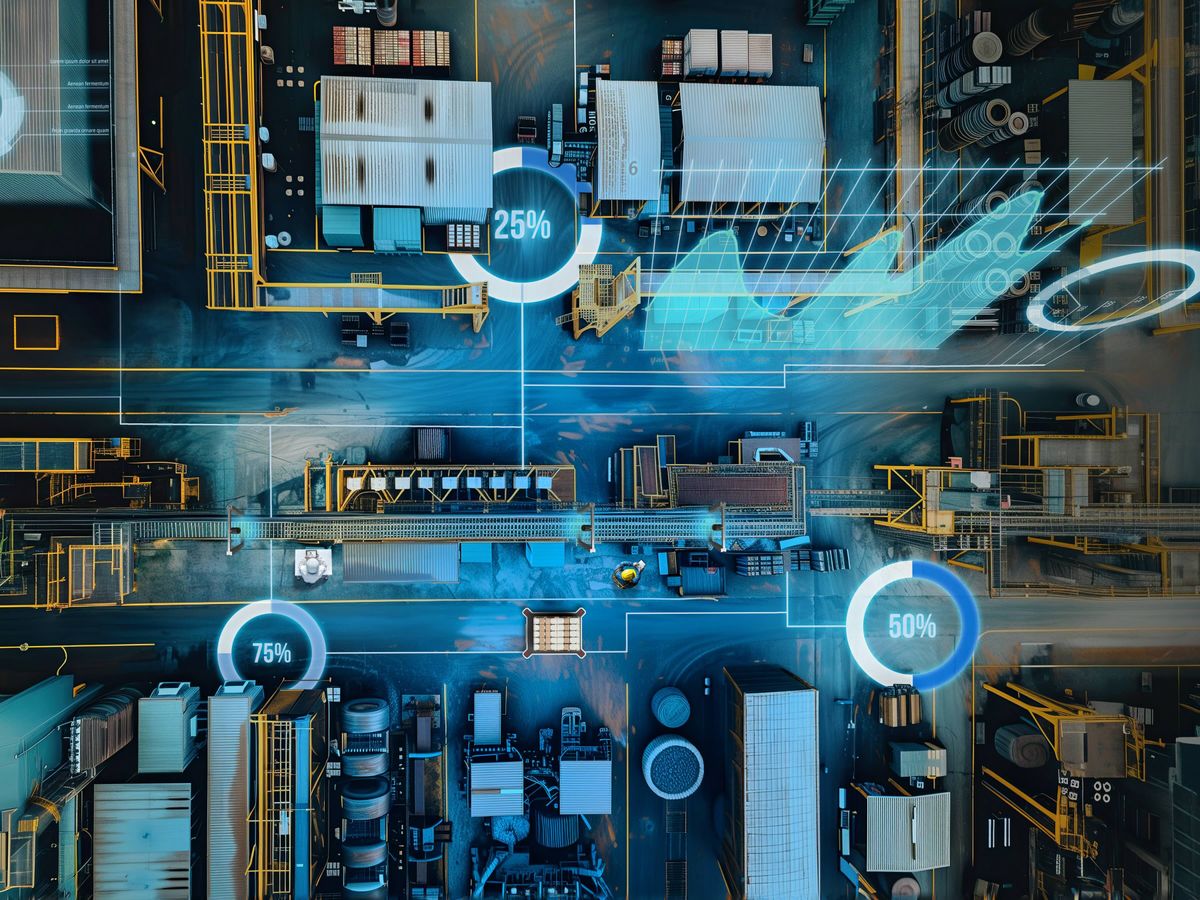Although manufacturers say digital transformation is a strategic priority, the goal of achieving a fully connected factory remains elusive, with only 16% of manufacturing leaders globally report they have real-time, work-in-progress (WIP) monitoring across the entire manufacturing process, according to a report from Zebra Technologies Corp.
Likewise, while nearly six in 10 manufacturing leaders expect to increase visibility across production and throughout the supply chain by 2029, one-third say getting their information technology (IT) and operational technology (OT) teams to agree on where to invest is a key barrier to digital transformation.
And adding to these obstacles, 86% of manufacturing leaders agree they are struggling to keep up with the pace of technological innovation and to securely integrate devices, sensors, and technologies throughout their facilities and supply chain.
Those are three conclusions from Zebra’s “2024 Manufacturing Vision Study,” conducted by Azure Knowledge Corporation through 1,200 online surveys among C-Suite executives and IT and OT leaders within various types of manufacturing sectors, including automotive, electronics, food and beverage, and pharma and medical devices. Respondents were surveyed in Asia, Europe, Latin America, and North America.
To cope with those challenges, manufacturers are shifting their growth strategies by integrating and augmenting workers with AI and other technologies. Looking at the next five years, nearly three-quarters (73%) of manufacturing leaders plan to reskill labor to enhance data and technology usage skills, and seven in 10 expect to augment workers with mobility-enabling technology. The technology tools being implemented by manufacturing leaders include tablets (51%), mobile computers (55%), and workforce management software (56%).
According to the survey, global manufacturing leaders say today’s most significant quality management issues are real-time visibility (33%), keeping up with new standards and regulations (29%), integrating data (27%), and maintaining traceability (27%). Manufacturing leaders say their technology implementation plans will address these challenges; over the next five years, many plan to implement robotics (65%), machine vision (66%), radio frequency identification (RFID) (66%), and fixed industrial scanners (57%).
















